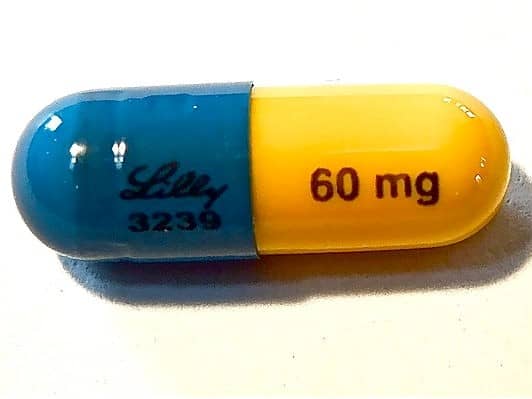
 Fake news? Pharmaceutical giant Eli Lilly and Company fabricated a nonexistent law in order to press its NAFTA challenge against the Canadian government, says McGill Law professor Richard Gold.
Fake news? Pharmaceutical giant Eli Lilly and Company fabricated a nonexistent law in order to press its NAFTA challenge against the Canadian government, says McGill Law professor Richard Gold.
The company, which lost its NAFTA bid in March of this year, tried to distract shareholders and politicians, going to great lengths to create a fake patent law to push forward its $500-million lawsuit, says Gold, who is also a senior fellow at the Center for International Governance Innovation in Waterloo, Ontario.
“Drug patents can be worth billions of dollars,” Gold says in a recent opinion piece. “This case shows how far a pharmaceutical company might go to protect them.”
And with talks currently under way to renegotiate the North American Free Trade Agreement between Canada, the United States and Mexico, experts in health care policy are concerned about how a newly formulated free trade deal could affect drug access for Canadians. In the US, the pharmaceutical industry has been putting pressure on the government to change the agreement so as to give companies more power to file intellectual property complaints against NAFTA member countries.
First launched in 2012, Eli Lilly’s challenge fell under NAFTA’s Chapter 11 provisions, which allow private corporations to sue governments over actions or policies said to violate the international agreement, in this case, represented by Canadian court decisions that sided against Eli Lilly on patent claims for Strattera, a drug marketed to treat attention-deficit disorder.
Eli Lilly said that in ruling in favour of generic drug maker Novopharm, the Canadian courts had applied a Canada-specific law which sets too high a standard for companies to meet in establishing a patent. The law, which was referred to as “the promise doctrine,” was said to require companies to prove to an unreasonably high degree that an invention actually has the particular uses spelled out in its patent claim — in other words, that, in this case, a drug does exactly what its maker “promises” it can do.
Eli Lilly’s claim was that the promise doctrine diverged from standards set up in the United States and Europe.
“The promise doctrine not only contravenes Canada’s treaty obligations, it is also discriminatory, arbitrary, unpredictable and remarkably subjective,” said Eli Lilly in its original submission.
The only problem, Gold says, is that there is no promise doctrine provision in Canadian patent law.
“While artfully articulated, the promise doctrine never existed,” says Gold. “Our comprehensive analyses showed that no Canadian court had ever acknowledged these rules, had never used the term ‘promise doctrine,’ and had never agreed with Eli Lilly’s description of the legal rules.”
Gold says that Eli Lilly went too far in attempting to curry favour for its position, disseminating through the media false statistics and fake news surrounding Canada’s promise doctrine, actions which he says amounted to deception.
“We found that Eli Lilly —whether by mistake, misunderstanding, or otherwise— created a legal rule that had never before been invoked by a court,” says Gold. “Worse, its claim that this legal rule had harmed pharmaceutical patent holders was unsupported, and its statistical methods misleading at best.”
More broadly, the NAFTA ruling represents a win for Canadian innovation, says Gold, as it reduces the threat of further lawsuits over bad patent claims and gives Canadian companies more power to market their products and patents on a global level. “The win over Eli Lilly only opens the door of possibility. It provides us freedom to do what we need to do to have a sustainable innovation policy,” Gold says.
Leave a Reply
You must be logged in to post a comment.



 Share
Share Tweet
Tweet Share
Share




Comment